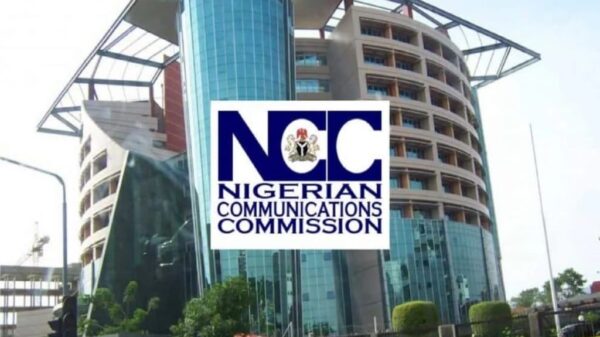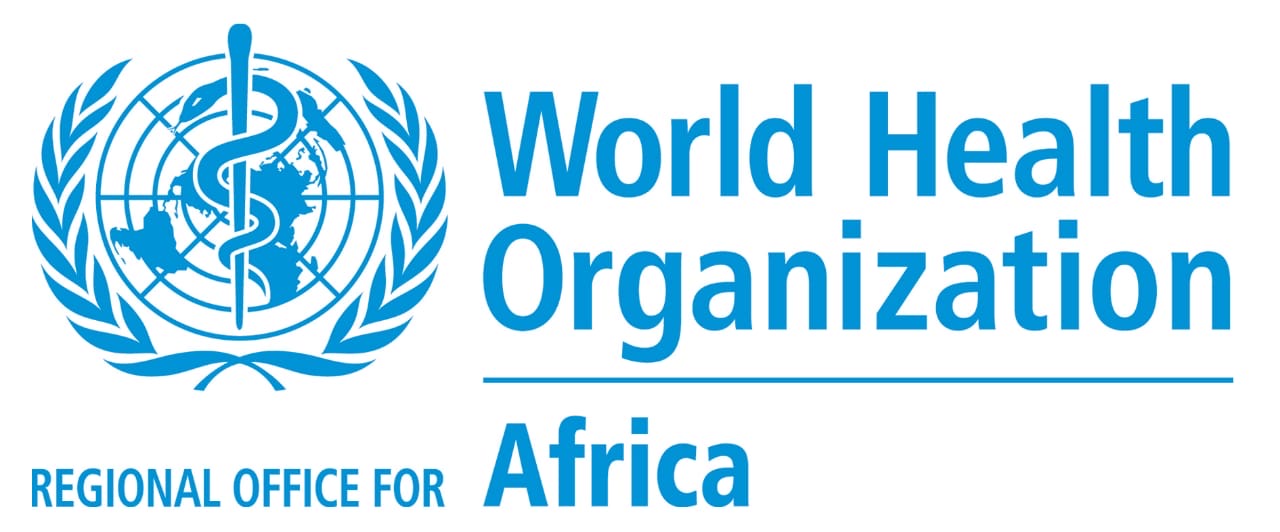The World Health Organisation (WHO) has said the number of people in Africa living with hearing loss could rise to 54 million by 2030, unless urgent measures are taken.
WHO, in a report published on Monday, said hearing loss, which currently stood at 40 million, costs the continent $27 million annually, exacting a profound impact on lives and economies.
The report launched at the African Summit on Hearing Impairment in Nairobi, Kenya, said widespread hearing loss disproportionately affects poor and vulnerable populations.
WHO warned that without urgent interventions it would continue to escalate, amplifying existing inequalities in access to health services.
The UN agency said hearing loss has far-reaching consequences for children, including delays in language development, thus increasing the risk of poor educational outcomes and limited career prospects in the future.
Meanwhile, adults with untreated hearing loss often face isolation, loneliness and increased risk of depression and dementia.
The report details numerous factors driving the surge in hearing loss in WHO’s Africa Region which covers 47 countries.
Chief among them is the acute shortage of ear and hearing care (EHC) specialists, as well as uneven distribution of the available workforce, which is mainly in urban areas.
“For example, more than 56 per cent of African countries have just a single ear, nose and throat (ENT) specialist for every million people, whereas in Europe, it is roughly 50 per million.
“Meanwhile, more than three-quarters of countries have fewer than one audiologist and one speech and language therapist for every million people.
“Although 33 million Africans could benefit from a hearing aid, only around 10 per cent have access due to lack of EHC financing, and consequent high costs,” WHO said.
The report noted that among children living in low and middle-income countries, up to 75 per cent of hearing loss is due to preventable causes such as infections and common ear diseases, as well as birth complications.
However, it noted that most countries do not routinely conduct hearing screening of newborns.
“Even in countries with EHC programmes, related interventions are not integrated into school and workplace health programmes or healthy ageing programmes.
“This challenge is further compounded by a lack of national policies and plans for strengthening delivery of EHC and low implementation even where they exist.
“Additionally, 35 per cent of countries do not have a budget allocated to EHC activities, meaning patients must bear the entire cost of treatment and care,” it said.
The report contains several recommendations among which was for countries to leverage the findings to galvanise action at the highest level, including advocating for policies focused on EHC and related activities.
EHC should also be urgently integrated into existing programmes to optimise the use of scarce resources, while governments should explore public-private partnerships toward strengthening services.
The report also highlighted the need for dedicated financing for EHC, to equip facilities and deliver products and technologies, among other measures.
























